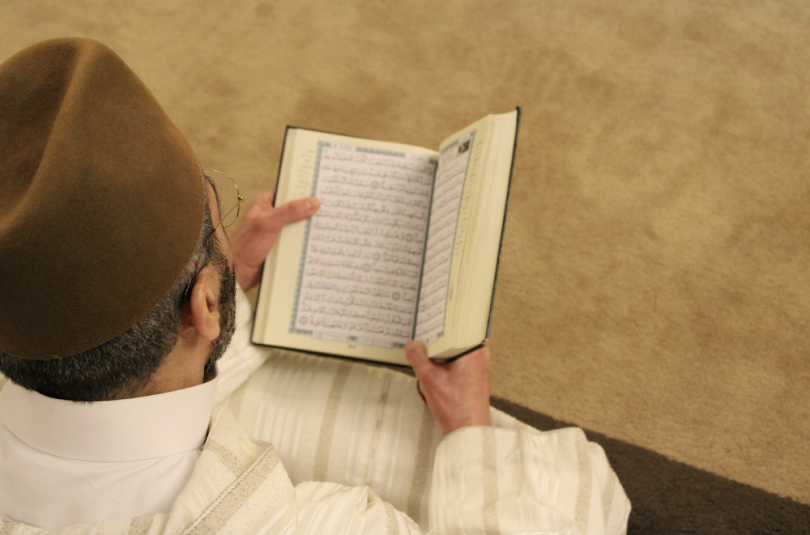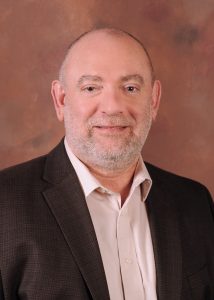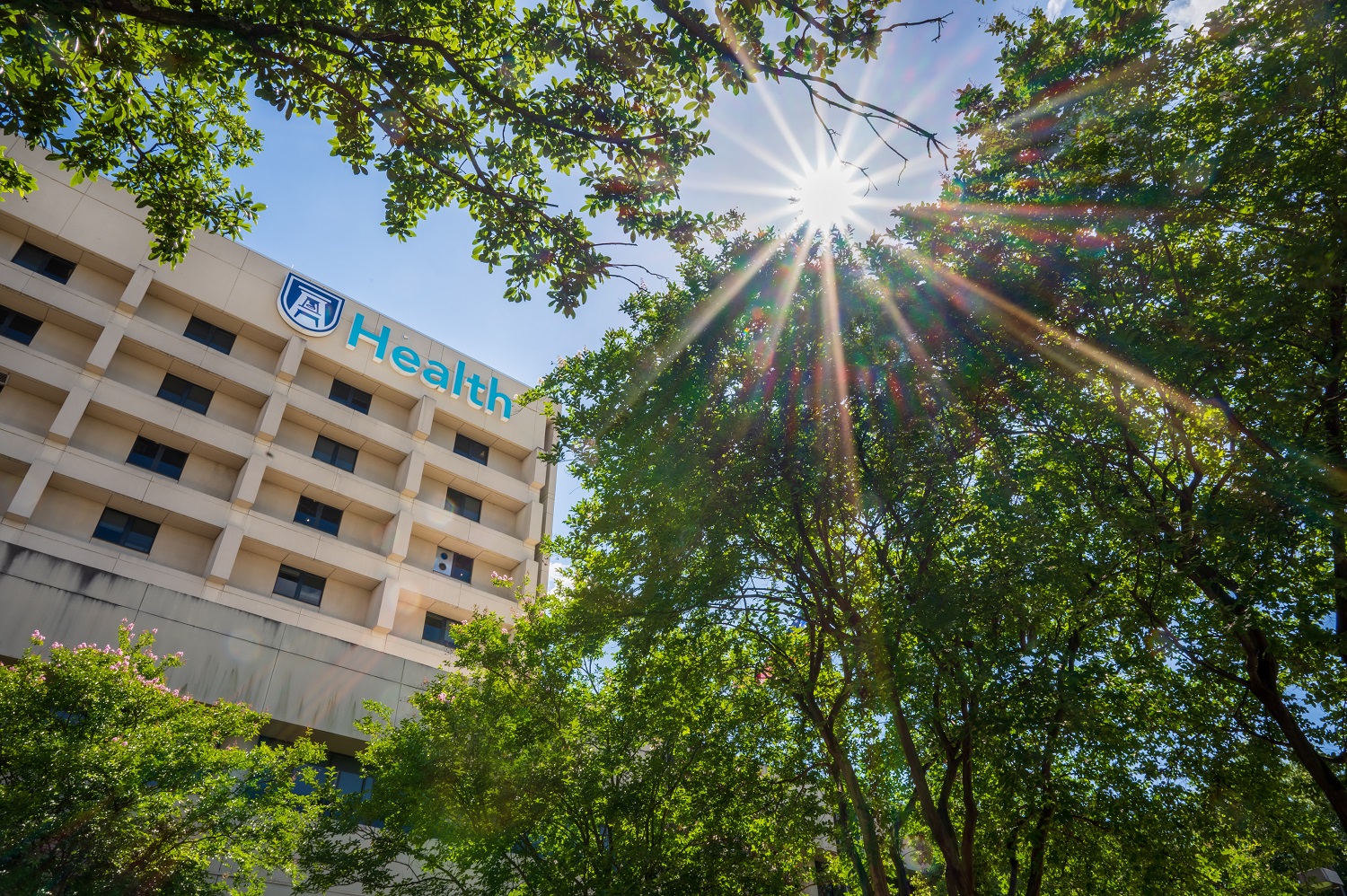Ramadan – the ninth month of the Muslim calendar – begins on March 10 and ends April 9. It’s one of the most sacred times for Muslims because it’s believed to be the time Allah revealed the Koran to the prophet Muhammad.
For Muslims around the world, including about 3.5 million in the U.S., Ramadan is a period of fasting and spiritual growth and is one of the five pillars of Islam. Those who observe are expected to abstain from eating, drinking and sexual relations from dawn to sunset during the month. Daily meals are typically eaten around 6 a.m. and 6:30 p.m., before the sun rises and after it sets, respectively.
Bassam Sanadiki, director of IT applications at Wellstar MCG Health, observes Ramadan each year and shared how he observes the holiday. Bassam was raised in Syria and came to the U.S. in 1982 to attend college. He has lived in Chicago, Kansas City and Augusta, and joined Wellstar MCG Health in 2015.
Bassam, what does Ramadan look like for you?
First, I’m not a scholar. But what it is for me is a month full of blessings. It’s basically a training program for me for the rest of my year. It’s a physical, mental and spiritual cleanser for me. It’s not only about physical fasting but also about avoiding everything forbidden in Islam such as back-biting or dishonesty. It helps me to improve my worship activities. It’s an opportunity to do more. Pray more. Read more. Give more. It helps me improve everything in my behavior toward others. It’s a commitment between me and Allah because I could hide my eating from others and pretend I’m fasting but Allah would know what I’m doing. It’s a private commitment between me and Allah to obey and work hard and be rewarded with forgiveness and mercy from Allah.
There’s also a lot of joy because usually, family break the fast together and worship together each evening. It brings the family closer together.
Who do you break the fast with?
My wife and three children.
Are there any myths or misunderstandings about Ramadan that you want to dispel?
Sometimes people think it’s just a physical commitment, but it’s more than that. It’s a mental and spiritual commitment.
What do you eat when the fasting ends each day?
The stomach becomes smaller when you’re fasting so you end up eating less. You try to eat foods that sustain you longer like dates, natural juices and basic proteins. You try to eat more fiber and drink a lot of water.
What can your colleagues do to support you during Ramadan?
I’ve worked in the U.S. a long time so I’m used to others eating and drinking. It doesn’t bother me. But I’ve also seen a lot of colleagues avoid eating and drinking in front of me to be sensitive toward me. The smell of food coming from the kitchenette can be enticing at the beginning of the month. Toward the end of the month, I become a little more tired, but it’s something I’ve gotten used to.
What’s the three-day festival called Eid al-Fitr (Festival of Breaking the Fast) at the end of the month like?
It’s a joyous time. There are lots of activities for the family where we get together and visit each other and congratulate each other on completing the month. Kids get new clothes, gifts and money to spend. It’s a fun time.
What are your tips for our readers on approaching Ramadan and coming out a different person?
To read the Koran more and understand the Koran better because the Koran is basically our guide on how we live this lifetime. To pray on time as the prayer is called for. Be nice to each other. Be patient and merciful to each other. If we want mercy from Allah then we should also show mercy toward others. Be giving toward others. Be truthful toward others. Be respectful. All of that will make fasting much more rewarding.
Can anyone participate in Ramadan?
Anyone can participate if they like. It’s part of the five pillars of Islam, but others can participate and get a reward out of it.
Wellstar MCG Health’s Office of Diversity, Equity, Inclusion and Belonging is interested in supporting an Islamic business resource group. If you’re interested, please email the office’s director Brennan Francois at bfrancoi@augusta.edu.



